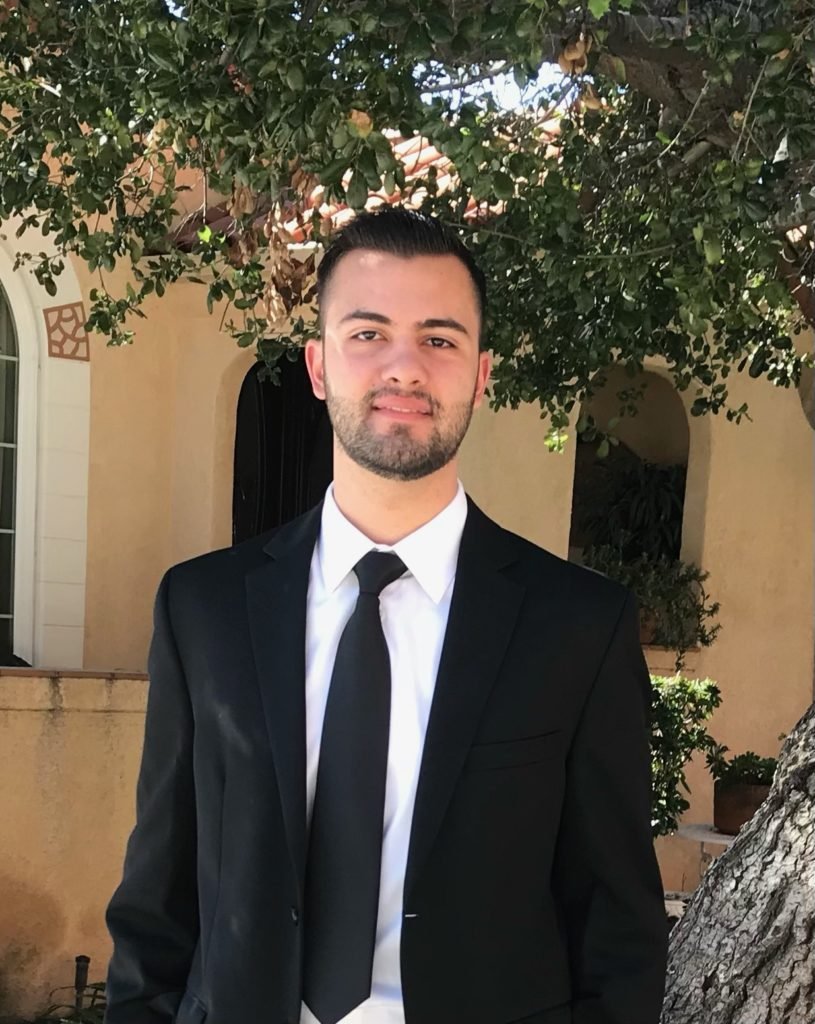Over the past few months many people recommended that I read The Fool («Խենթը») by Raffi because of its relevance to the current state of affairs in Armenia. I was amazed by the book’s relevance. It was written in 1880, but if one was unaware of that, they may have thought it was just written in reaction to the 2020 Artsakh War, and its subsequent aftermath.
When the Artsakh War broke out on September 27, 2020 due to the unprovoked attack and initiation of a full-scale war by Azerbaijan against Armenians and Artsakh, I saw Armenians unite like I have never seen before. It did not matter where the Armenian was from, what dialect they spoke, whether they spoke Armenian at all, how much Armenian history they knew; Armenians united. After 44 days of war and Prime Minister Nikol Pashinyan’s signature on an armistice agreement with Azerbaijan, this all changed. Whatever unity that had developed during wartime from social media to the streets of Armenia collapsed within seconds. In the midst of all this internal strife and uncertainty amongst Armenians, the following quote translated from The Fool, which I had just recently read for the first time, continuously ran through my mind:
“We are Armenian. God’s curse is written on our foreheads. We destroy our home with our own hands. Disunity, division, envy, enmity and a thousand and one such forms of evil have nested in our souls for a long time and we bear the punishment for those sins. The Kurd is not guilty. If there was unity among us, if there was heart among us, what could the Kurd, stupid and lazy Kurd do?” (The Fool by Raffi)
141 years after The Fool was written, all one has to do is exchange “Kurd” with “Azeri,” and it would seem as if the novel was just written today. If there was unity among us, if there was heart among us, what could the Azeri, stupid and lazy Azeri do?
Unity is the only way to move forward.
In the past, when Armenians united, we have been able to achieve great things through that unity.
Take the recognition of the Armenian Genocide. In 1965, Armenians in Soviet Armenia unified and organized a demonstration for the recognition of the 1915 events—the first demonstration of that scale to take place in the entire Soviet Union. After 50 years, this is considered to be one of the first major steps in the struggle for Armenian Genocide recognition. Year after year, Armenians fought for the recognition of the Armenian Genocide, and 56 years later, about 30 countries recognize the Armenian Genocide. In 2019, the United States House of Representatives and Senate passed resolutions recognizing the Armenian Genocide.
Last year, Armenians around the world unified to hold large-scale demonstrations to raise awareness about the Artsakh War and sent millions of dollars to support the homeland in the war effort.
The key is for Armenians to stay unified year-round, whether there is an active war taking place or not, not just for the recognition of the Armenian Genocide or the recognition of the Republic of Artsakh, but unity in every way. Armenians must be unified to advance Armenians as a whole, whether by donating to Armenian causes, volunteering in Armenian organizations, hiring Armenians, buying from Armenians, promoting Armenians, mentoring Armenians in their careers and so on.
As Raffi said in The Fool, swords and guns are not the only weapons we have, but “craft and science are also weapons, with which one nation works to compete economically with another nation.”



fantastic insight! yes, հաւաքական ուժ
Yes, Armenian unity is the most important element for our survival.
https://asbarez.com/162724/armenians-unite/